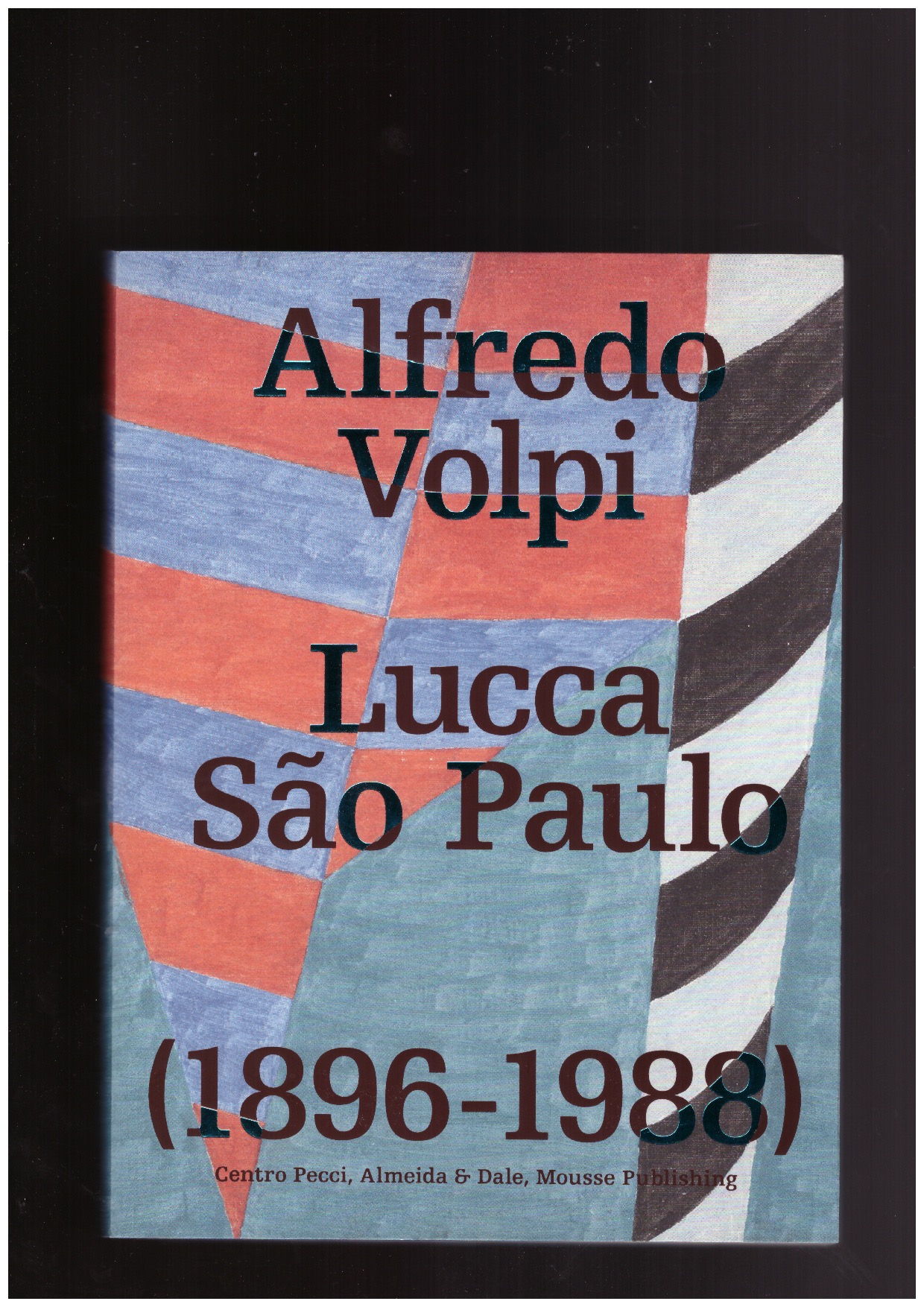VOLPI, Alfredo
Lucca-São Paulo (1896-1988)
Born in Lucca in 1896 and having moved to São Paulo at the age of two, Alfredo Volpi intertwined his art with the transformations of the twentieth century, combining modernity, tradition, and popular motifs. His works address universal themes while maintaining a strong connection to local culture, exploring representation, abstraction, daily life, and religious iconography: his unique style drew inspiration from the vernacular architecture of São Paulo, European avant-gardes such as Paul Cézanne, Henri Matisse, Piet Mondrian, and Josef Albers, and Italian artists like Carlo Carrà and Giorgio Morandi.
This catalogue accompanies the 2024 exhibition Alfredo Volpi: Lucca–São Paulo (1896-1988), hosted by the Centro per l'Arte Contemporanea Luigi Pecci. The exhibition, curated by Cristiano Raimondi, covered four themes central to his work from the 1940s to the 1970s, his most prolific period. This richly illustrated publication highlights Volpi as a great colorist and master craftsman, and his works as products of a methodical and meditative process, characterized by two-dimensional geometric patterns and the use of color as a structural element. In the 1950s, Volpi's urban views transformed into a geometric syntax, revisited in the following decades. The exhibition also celebrates the 150th anniversary of Italian immigration to Brazil, highlighting the influence of Italian cultures in Brazilian artistic languages. Volpi—the man and the historic figure—is also personally described in the exhibition and catalogue thanks to extensive research and archival materials published here for the first time. [publisher's note]
Published by Mousse Publishing, 2024
Architecture
